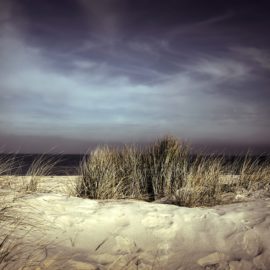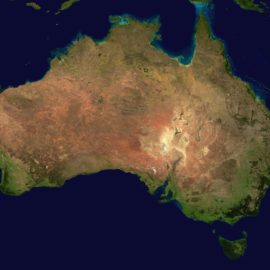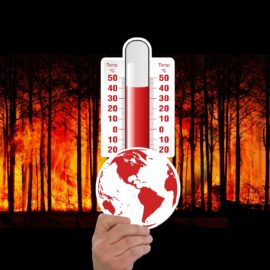
The infrastructure bill has passed. Representative Steve Scalise must hate Louisiana as with all our needs he voted no. Bob Marshall discusses this sad vote.
After the U.S. House followed the Senate recently and passed the Biden administration’s infrastructure bill with 14 votes from its 213 GOP members, but none from Louisiana, there were revealing comments from the two most powerful members of Louisiana’s GOP congressional delegation. U.S. Sen. Bill Cassidy, who helped push approval in his chamber said: “This infrastructure package will rebuild our roads and bridges, increase access to high-speed internet, strengthen our electric grid, add levee protection, and improve flood resiliency. After almost every corner of our state was hit by natural disasters in the last year, we must have the federal investment to protect us from future storms.” U.S. Rep. Steve Scalise, the GOP whip, said: “I whipped against the entire package. … There are no moderates, by the way, they are socialists and liberals and they finally worked some kind of bill together.”
nola.com
Like Bob Marshall, I don’t like to get partisan but with the split in the country today it is hard not to considering one side is for the country and the other is not.
Some readers take exception to how often I “bring politics” into my op-eds. The complaints usually go like this: “You’re supposed to be writing about science and our coastal future, not who to blame.” Oh, if only I could. Politics is as essential to reporting this story as coaching is to covering LSU or the Saints. In our system of government, how we use public land, air and water — our environment — is decided by laws Congress passes and administrations interpret. That’s why politicians are called “policymakers.” And today the very existence of many communities in this state’s bottom third largely depends on how those policymakers vote on two issues: Regulations and incentives to reduce the fossil fuel emissions driving climate change, and programs to help communities quickly adapt to its already devastating impacts. No state needs politicians to make the right decisions on those issues more than Louisiana. Here’s why. Our $92 billion plan to rebuild some of the coastal landscape we destroyed has come down to a race against sea level rise, now faster than at any time in the last 3,000 years. In fact, the state now says if current rates are not slowed, wetlands rebuilt by its planned sediment diversion will start being swallowed by the Gulf sometime before 2070. Sea level rise cannot be stopped, but it can be slowed if we begin dramatically reducing emissions now. That would give us more time to rebuild some of the wetlands and extend the lifetime of those projects. It would also provide time for communities to implement the government-supported structural programs required to survive the impacts already underway.
The infrastructure bill does some of these things and more. It is needed for Louisiana as Sen Cassidy notes.
Those projects include higher and stronger levees and floodwalls for the higher daily tides and bigger storm surges from the more frequent large hurricanes. The subsidies are or raising homes, businesses, and roads to address those increased flooding issues, and for rooftop solar so residents can stay safe and businesses can remain open after storm-caused power outages. As Cassidy pointed out, the bill addressed each of those issues for his state. Yet Scalise bragged about his success preventing any of this state’s GOP reps from supporting it.
This is why politics intrudes. One side works for the country and the other does not.
This was all about politics, about party over state. Yes, both parties play this game, but I’m only writing about environment issues and policies, and it’s clear where Louisiana’s best interests lay. Even Kentucky Sen. Mitch McConnell, who announced after the election his main job was to prevent Biden from being successful, bragged about voting for this bill because it was “a Godsend for Kentucky.” Is McConnel a socialist or liberal? There is much more to reduce emissions in the Build Back Better bill still to be debated, which makes it even more critical to Louisiana’s future. Once again, our hopes will depend on what the policymakers — the politicians — do. But Scalise, apparently also a noted climatologist, gave a hint with these recent comments on climate change: “… it gets warmer, it gets colder — that’s called Mother Nature.” And “carbon emissions have been around from when before man walked the Earth.” That’s why I can’t cover our coastal future without covering the politics that will decide it.
Sadly, Bob is right.



